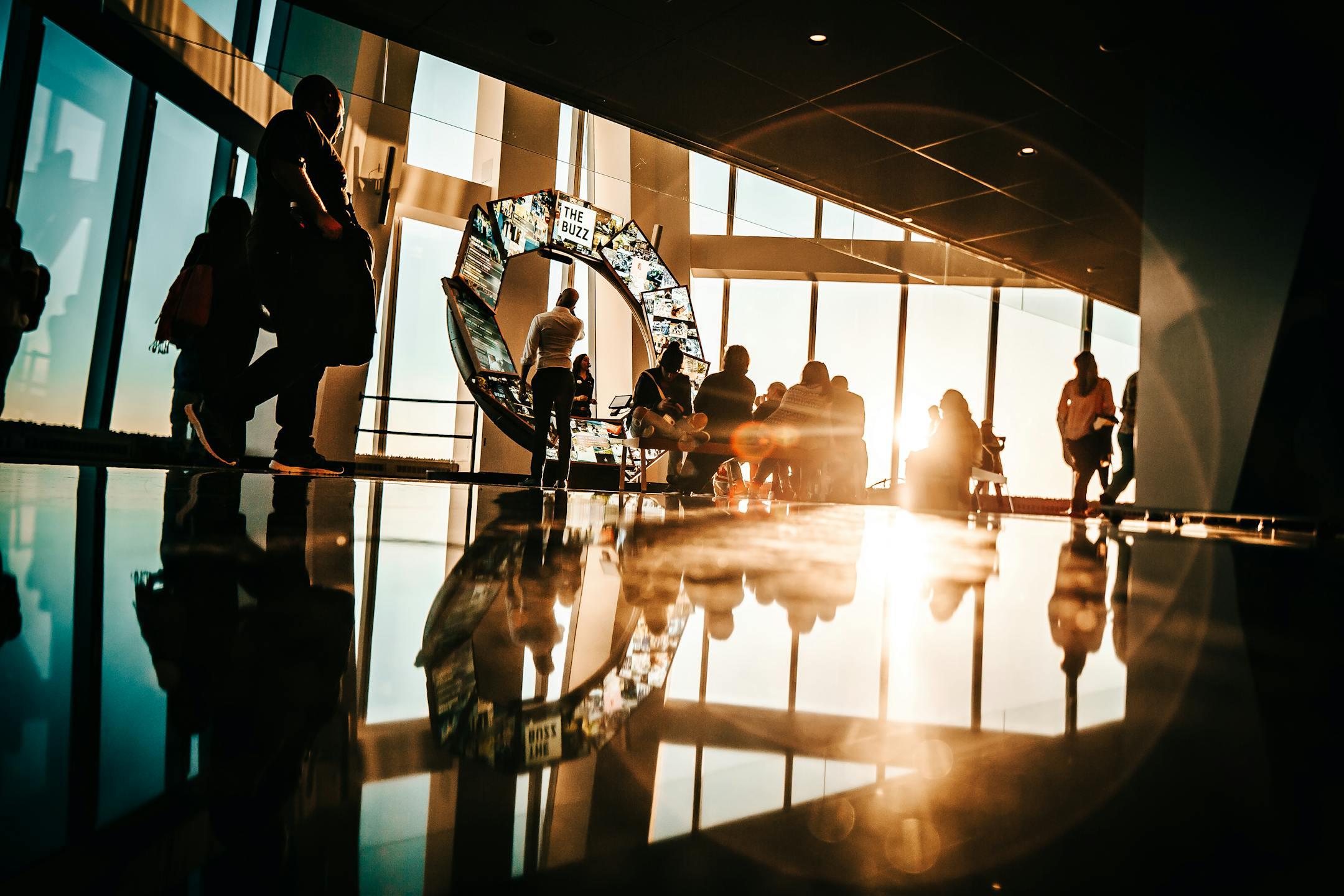
Reflections from the 2025 Lebanese Order of Psychologists Event on Vulnerable Populations
Today, I attended the 3rd Annual Conference of the Lebanese Order of Psychologists (LOPSY), held at the Pierre Abou Khater Auditorium, Saint Joseph University, Beirut. The event, titled “Vulnerable Population: Reality & Expectations,” brought together psychologists, psychiatrists, academics, students, and mental health professionals from across Lebanon. This wasn’t just another professional gathering. It was a clear step forward — in tone, in structure, and in intention. For those of us invested in the future of psychology in Lebanon, this conference felt like a signal: the field is maturing, and the Lebanese mental health system may finally be finding its footing. A Stronger, Sharper Direction As a psychologist in Lebanon and LOPSY member, I’ve attended the two previous annual conferences. They were important, yes — but this one? This one felt grounded. Serious. Purposeful. The talks weren’t just informative. They were strategic. Rooted in both scientific evidence and cultural relevance, the panels addressed urgent issues — from autism care and dementia treatment to masculinity, domestic violence, and the existential fear of “difference.” And for the first time, the conference didn’t just feel like a collection of papers. It felt like a conversation.
Highlights That Stayed With Me:
Dr. Rita Khoury — Non-Medication Interventions for Dementia Dr. Khoury, an adult geriatric psychiatrist at AUB, emphasized the role of non-pharmacological interventions in the management of neuropsychiatric symptoms in dementia. In a system often quick to prescribe, her call to prioritize structure, emotional care, and therapeutic environment was both refreshing and clinically grounded.
Dr. Marc Barakat — Precision in Dementia Diagnosis Dr. Barakat underscored the importance of neuropsychological testing in accurately classifying dementia. Why? Because each type of dementia responds differently to intervention. Without diagnostic precision, our efforts may do more harm than good.
Dr. Wadih Nassour — Fear, Difference, and Mental Illness In a more philosophical vein, Dr. Nassour, founder of Centre Phénix, walked us through a psychoanalytic journey from the prehistoric fear of the unknown to the modern city-dweller’s anxiety toward the "Other." His central question: What happens when difference is equated with danger — especially when that “difference” is mental illness? He explored how fear of those who deviate from the norm reinforces exclusion — and how we need deeper psychological acceptance, not just institutional inclusion.
Dr. Sami Richa — The Ethics of Vulnerability in Autism Dr. Richa tackled the ethical and clinical complexities surrounding autism care in Lebanon. From diagnosis and early detection to multidisciplinary care and family dynamics, his talk reminded us that neurodiversity isn't just a diagnosis — it's an ethical responsibility.
Fahed Hassan — Working with Men to Address Domestic Violence in Lebanon Fahed Hassan, a psychologist and clinical trainee, gave one of the most striking interventions of the day. Drawing on collaborative work with KAFA and Dr. Jacqueline Saad, he explored the role of male rehabilitation in addressing domestic violence in Lebanon. Through his adaptation of the UK’s “Respect” program to the Lebanese context (now Al-Ikhtiyar – A Program for Men), Fahed laid out how masculinity, socialization, and legal structures fuel violence — and how true prevention means working with perpetrators, not just protecting victims. His call for psychological interventions rooted in empathy, accountability, and evidence-based tools added a rare — and necessary — layer to our understanding of violence prevention. A Sign of Maturity in Psychology in Lebanon This conference made something very clear: the field of mental health in Lebanon is stepping into a new phase. More clinical structure. More ethical awareness. More cultural integration. From autism spectrum interventions to domestic violence rehabilitation, and from dementia treatment to psychoanalytic frameworks for fear and exclusion, this year’s LOPSY event didn’t shy away from the complexity. It embraced it. And perhaps most importantly: the room was engaged. Students took notes. Professionals lingered after talks. No one was rushing to leave. It wasn’t just professional. It felt communal.
Final Reflection I left today thinking: maybe we are turning a corner. Maybe we’re finally stepping out of isolated practices and into something more collective, more reflective, more accountable. Maybe we’re building the kind of mental health system that our society — in all its complexity — actually needs.
Stay updated on our news and events! Sign up to receive our newsletter.